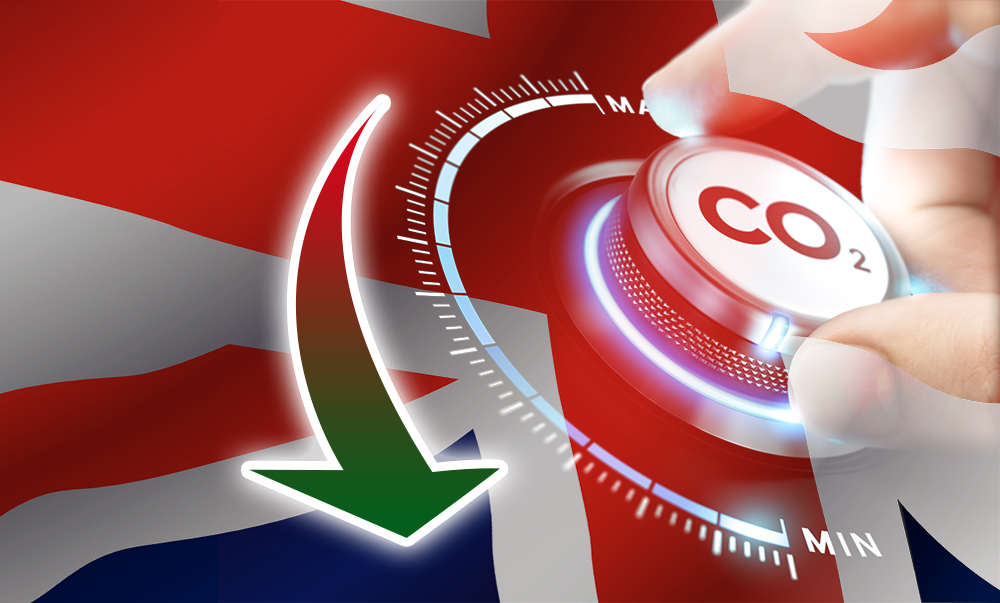
The Energy Related Products (ErP) Directive aims to increase energy efficiency across a range of products and to reduce the levels of energy used in their production wherever possible. It is one of a number of measures being taken internationally to respond to concerns about environmental protection and particularly to reduce emissions of greenhouse gases, which are known to contribute to climate change.
The Department for Business, Energy & Industrial Strategy (BEIS) has recently published a statistical release “2017 UK Greenhouse Gas Emissions. Provisional Figures” which shows that improvements in reducing carbon emissions continue to be made. This represents encouraging progress, although there is no room for complacency.
The provisional statistics show that in 2017, carbon dioxide (CO2) emissions were 3.2% lower than the previous year. CO2 accounts for 81% of all greenhouse gas emissions in the UK. Overall, total greenhouse gas emissions have fallen by 43% between 1990 and 2017, while overall energy consumption fell by approximately 11% during the same period.
The BEIS report also noted that: “There has been an overall decline in the use of coal at power stations over the period (particularly during the 1990s), accompanied by an overall increase in the use of gas, which has a lower carbon content. Coal use in generation is estimated to have reduced by 89 percent between 1990 and 2017.”
The key contributors to 2017 CO2 emissions were listed by the BEIS as:
- Transport sector (34%)
- Energy supply (29%)
- Business (18%)
- Residential sector (17%)
In the residential and business sectors, heating plays a leading role in energy consumption which in turn results in the production of carbon emissions. Taking a worldwide perspective, the IEA (International Energy Agency) calculates that “The global buildings sector is responsible for 30% of final energy consumption” and that “Heat is the largest energy end‑use. Providing heating for homes, industrial purposes and other applications accounts for around 50% of total energy consumption.”
The ErP Directive has stated that “Any new local space heating system installed from January 1st 2018 must be fully compliant with new performance standards.” These standards are directly related to energy efficiency and carbon emissions reduction. By complying, and preferably exceeding, the efficiency targets set by the directive, the HVAC sector will make a major contribution towards further progress in carbon emissions reduction.